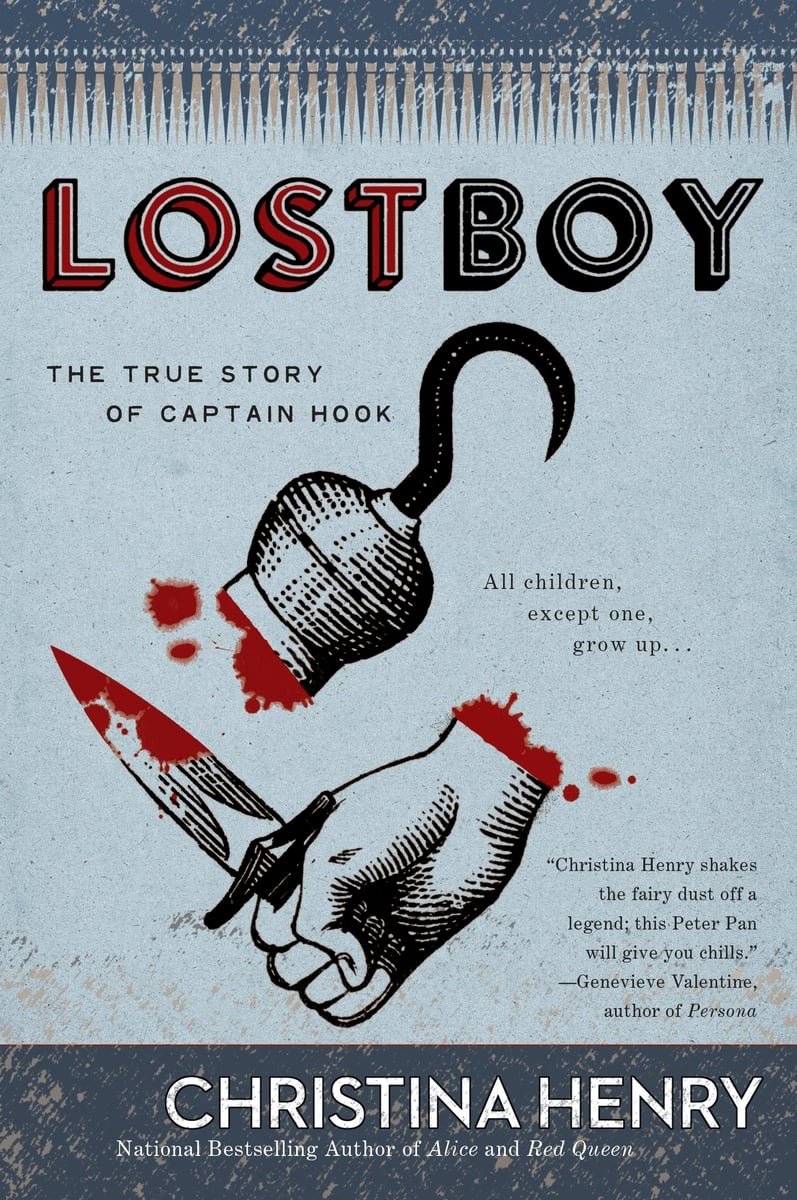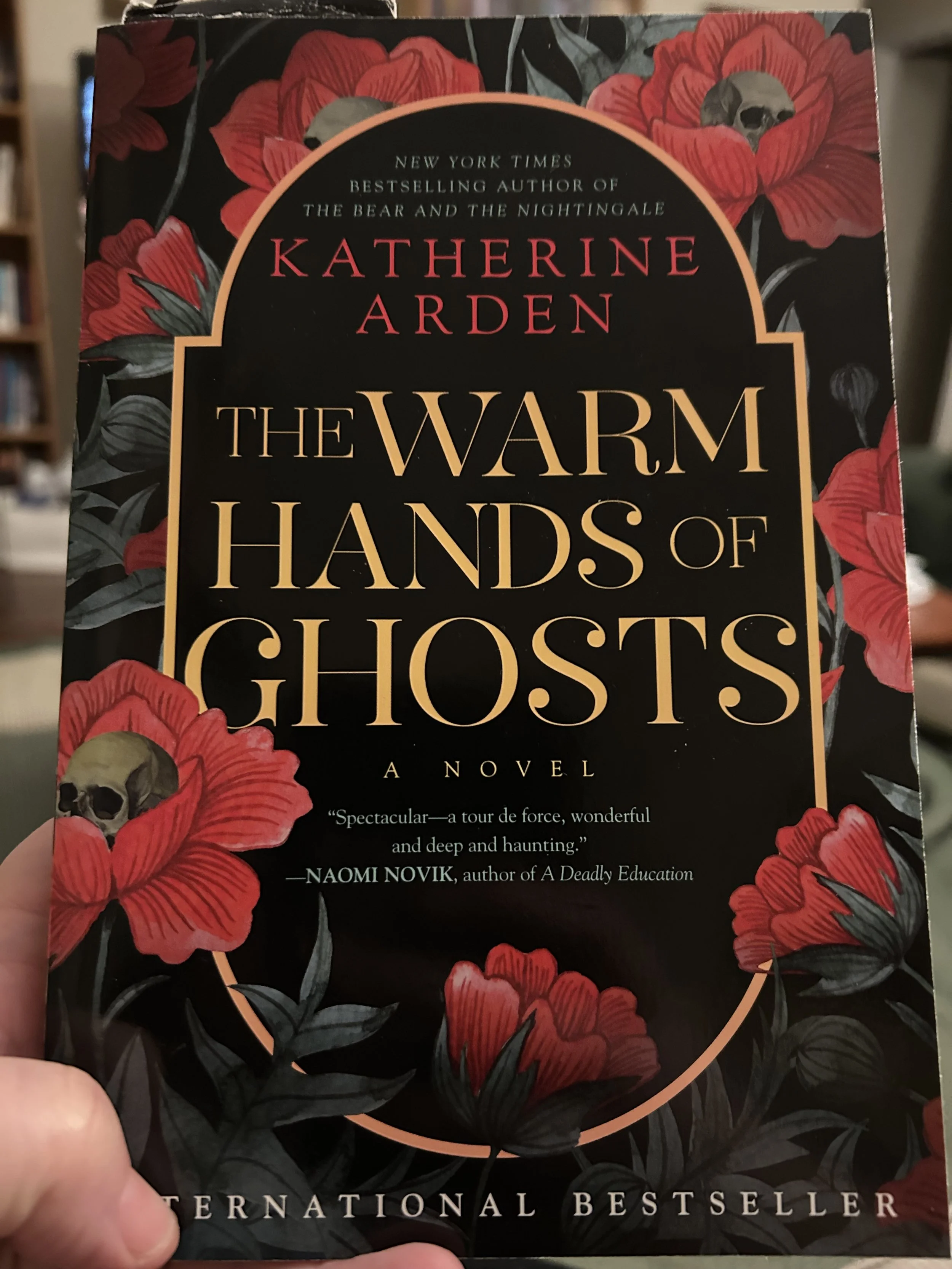Christina Henry has become one of my favorite authors. I love her retellings of Alice in Wonderland and The Legend of Sleepy Hollow. So it’s no surprise that the best book I read this month was her take on Peter Pan.
Lost Boy is a prequel to the Peter Pan story we know. It’s an account of how Captain Hook, Pan’s mortal enemy, became Captain Hook.
Jamie, the boy who would become Hook, is the narrator and main character. The story grows darker as Jamie awakens to the true nature of Peter Pan, the island, and what it means to be a Lost Boy. Along the way he forms a surrogate family, one that he defends and protects as a parent would.
The story has all the magic one would expect from a Peter Pan story, as well as many of the familiar elements of Neverland. Henry adds a few inventions of her own, as well, that add to growing darkness of the story.
It all works to tell an engaging, compelling tale—and posits the idea that maybe Captain Hook really wasn’t a villain after all.








